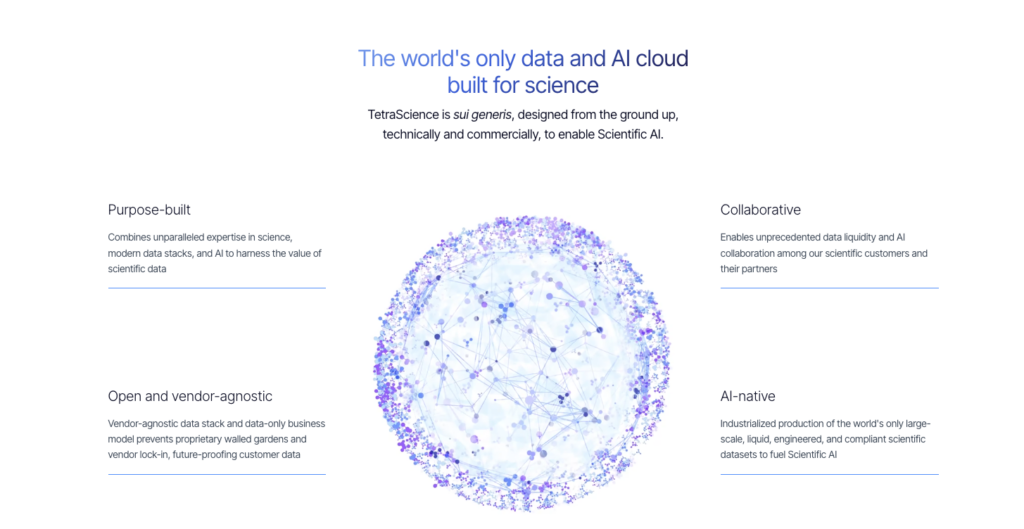
What You Should Know:
– TetraScience, a provider of scientific data cloud solutions announced a strategic collaboration with Microsoft to accelerate the adoption of artificial intelligence (AI) in the biopharmaceutical industry.
– The strategic partnership combines TetraScience’s Scientific Data and AI Cloud with the power and security of Microsoft Azure, creating a robust platform for scientific organizations to extract valuable insights from their complex experimental data.
Explosion of Scientific Data Challenges
The biopharmaceutical industry is facing a critical challenge: the explosion of scientific data. While AI holds immense promise for accelerating drug discovery and development, much of this data remains trapped in proprietary formats and scattered across disparate systems. This hinders the effective training and deployment of AI models, limiting the potential for breakthroughs.
Harmonizing Scientific Data and Empowering AI Workflows
The TetraScience and Microsoft collaboration addresses this challenge head-on. By providing a comprehensive solution that encompasses massive computational power, advanced AI models, sophisticated scientific data ontologies, and deep scientific expertise, the partnership empowers organizations to overcome data silos and unlock the full potential of AI.
TetraScience’s Scientific Data and AI Cloud is purpose-built to replatform and engineer scientific data into powerful data models and domain-specific use cases. This harmonizes data from hundreds of scientific instruments and vendor formats, ensuring that experimental context is preserved for multimodal analytics and AI model training.
Microsoft Azure provides the enterprise-grade infrastructure and computational backbone for demanding scientific workloads, including real-time analytics and large-scale AI applications. This ensures that researchers have the resources they need to train and deploy sophisticated AI models.
Preliminary Collaboration Results
This collaboration is already delivering tangible results. In early-stage drug discovery, AI models trained on engineered datasets have shown the ability to predict IC50 values with fewer data points, accelerating screening times. In oncology and neurology research, AI models are classifying cellular features and drug responses in high-throughput images far faster than humanly possible, speeding up critical phenotype screening. Furthermore, AI-powered tools are streamlining review processes in manufacturing and quality control by automatically flagging anomalies in system audit trails.
“The world’s scientific data is trapped in millions of silos and locked in proprietary and incompatible languages,” says Patrick Grady, TetraScience Chairman and CEO. “By joining forces with Microsoft, we’re breaking down these silos and unlocking the full potential of scientific data to proliferate AI-driven use cases that will define the next century of scientific discovery.”

